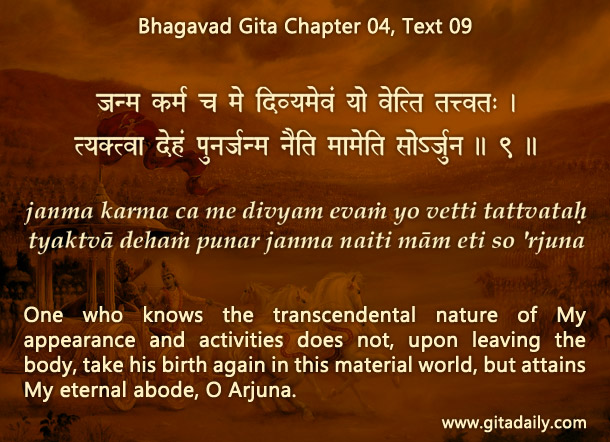Krishna retains his divine position even while he reclines in a supine position
Those who see Krishna’s pastimes as a child sometimes wonder: “How can such a child be God?”
To unravel this mystery, let’s first look at how Krishna as a child is far more than a child. Srimad-Bhagavatam describes how he performed extraordinary pastimes even while he was just a baby. When the witch Putana came to poison him, he was so small that he couldn’t even crawl. He was just a newborn who would lie mostly in a supine position. And yet when Putana offered him her poison-smeared breast, he sucked out not just her milk but also her life-air. Though she tried desperately to push Krishna away, even growing to monstrous proportions in a last-ditch effort to save herself, she couldn’t dislodge him even a wee bit.
Krishna’s power doesn’t depend on his size; he is always the Supreme. Even when he appears to be a helpless child who can’t even stand on his own feet, he has the power to knock the most powerful demons off their feet.
If Krishna is always all-powerful, why does he assume a childlike form? To facilitate love. He delights not in displaying his godhood, but in reciprocating love with his intimate devotees. These devotees love him not because he is God but because he is so lovable. For reciprocating with such devotees, especially those who long to love him in a parental mood, he assumes a childlike form.
To understand these deep devotional dynamics, we need a proper philosophical perspective. When we appreciate how loving and lovable Krishna is, we don’t just appreciate his childlike form; we also fall in love with him and make entering into his world of love our life’s supreme purpose. The Bhagavad-gita (04.09) assures that those who understand the truth of his pastimes attain him.
Think it over:
- Illustrate how Krishna remains all-powerful even in a powerless childlike form.
- Why does Krishna assume a childlike form?
- What happens when we see Krishna’s pastimes through a proper philosophical perspective?
***
04.09 One who knows the transcendental nature of My appearance and activities does not, upon leaving the body, take his birth again in this material world, but attains My eternal abode, O Arjuna.
To know more about this verse, please click on the image
Explanation of article:
https://www.youtube.com/watch?v=s4rXcwjptVE&feature=youtu.be
Podcast:


Your article is very beautifully written and it reminds me of a purport from Still Prabhupada to SB 10.6.18, where he begins by saying Here is the Supreme Personality of Godhead.
Thank you, happy to be of service.
Hare krishna Prabhu,
Thanks for the article but I have a doubt Prabhu. You mentioned that ‘Krishna assumes a childlike form’, does it means that the original real form of the Lord is something else but just to reciprocate with his devotees who are in Parental mood, he assumes this childlike form? Please clarify my doubt Prabhu.
Your Servant,
Rahul
Answered here: https://www.thespiritualscientist.com/2019/02/krishna-assumes-a-childlike-form-does-this-mean-he-has-some-other-original-form/